
In a world where screens often dominate playtime, the timeless magic of imaginative play remains an essential ingredient in the developmental recipe for children. At the heart of every child is a natural-born storyteller, an inventor, and a dreamer. Through imaginative play, these intrinsic qualities flourish, providing not just entertainment but a foundation for learning, creativity, and emotional resilience.
The Essence of Imaginative Play:
Imaginative play, often seen as the simple act of playing “make-believe,” is far more than just child’s play. It’s an exploratory process, a doorway through which children learn to understand the world around them. Whether it’s pretending to be astronauts on a mission to Mars, doctors in a bustling hospital, or chefs in a busy kitchen, children use imaginative play to navigate complex social roles, emotions, and scenarios.
Benefits of Imaginative Play:
- Cognitive Development: Imaginative play fosters problem-solving skills, cognitive flexibility, and the ability to process new information. It encourages children to think creatively and abstractly, laying the groundwork for academic skills in reading, writing, and mathematics.
- Social Skills: By engaging in play with others, children learn vital social skills such as empathy, cooperation, and negotiation. They learn to see the world from different perspectives, an essential component of emotional intelligence.
- Emotional Growth: Through the safe environment of play, children explore and express their own emotions. They learn to understand and manage feelings, gaining confidence and resilience.
- Language Development: As children create stories and scenarios, they experiment with language. They learn new words, how to structure sentences, and the art of storytelling.
Encouraging Imaginative Play:
Creating an environment that nurtures imaginative play is crucial. This can be as simple as providing access to toys that encourage creative thinking, such as blocks, dress-up clothes, and art supplies, or as complex as designing play spaces that stimulate adventure and exploration. However, the most valuable resource in a child’s imaginative play is often the unstructured time to simply play, dream, and explore.
Today the market is rich with innovative products designed to foster this type of development. These products are often unique, specialized, or cater to specific interests or developmental goals to unlock the infinite potential within every child. Here are examples of niche product types that foster imaginative play:
Eco-Friendly Building Sets:
Toys made from sustainable materials, like wooden blocks or recycled plastics, that encourage building and creativity.
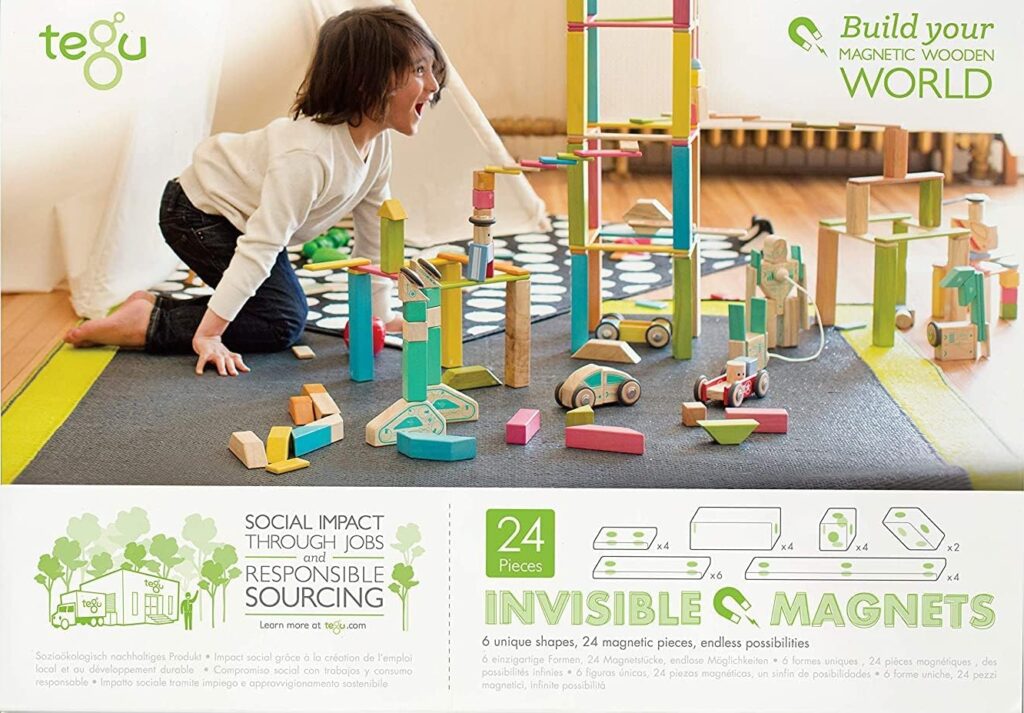
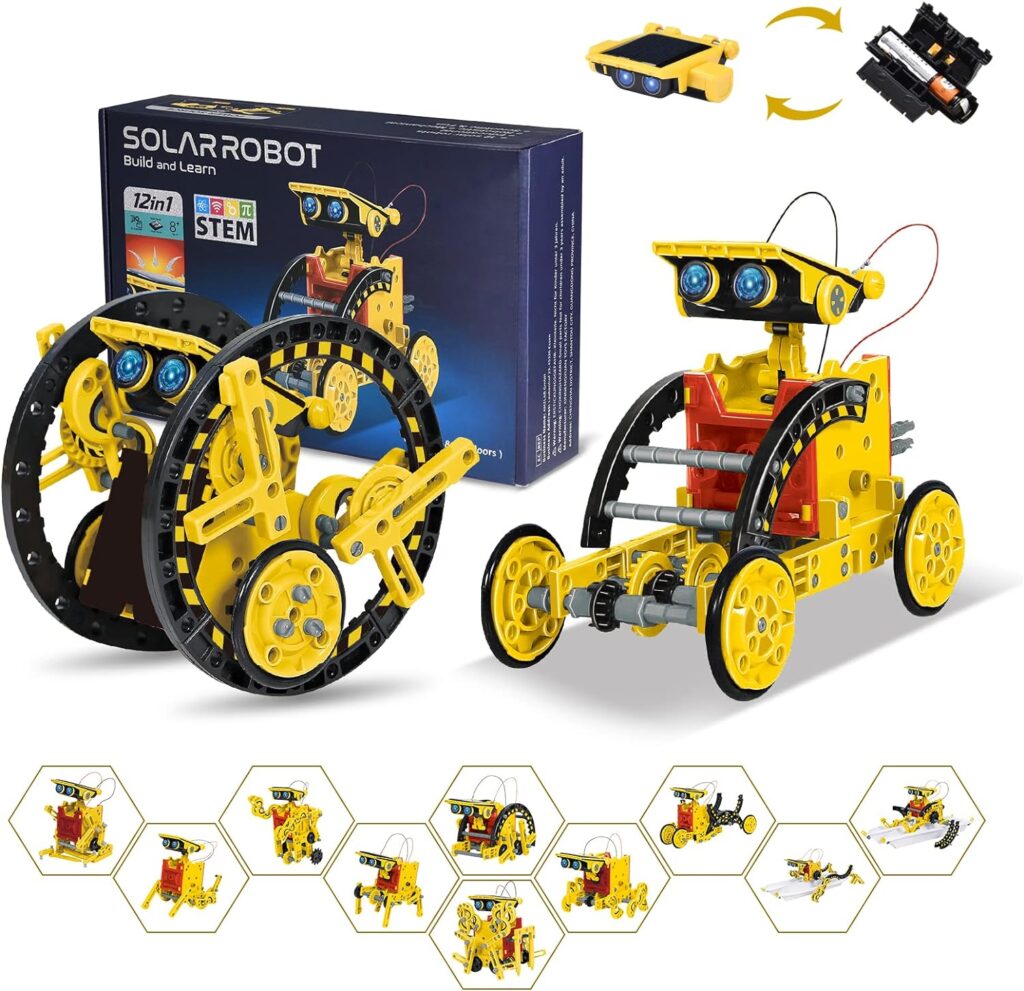
STEM (Science, Technology, Engineering, Mathematics) Kits for Young Inventors:
Advanced science and engineering kits designed for children, promoting problem-solving and creativity in scientific contexts.
Sensory Play Mats and Tiles:
Mats with different textures, colors, and patterns designed to stimulate sensory play and exploration.
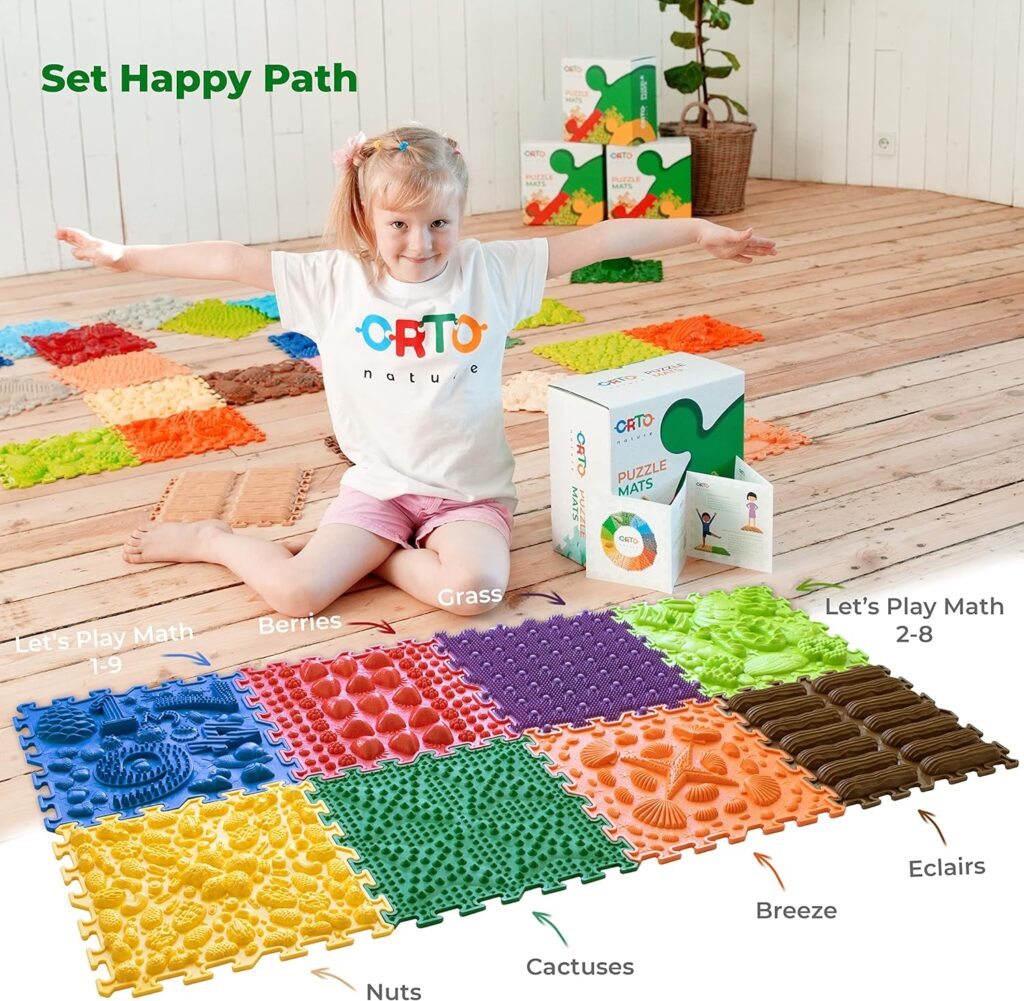
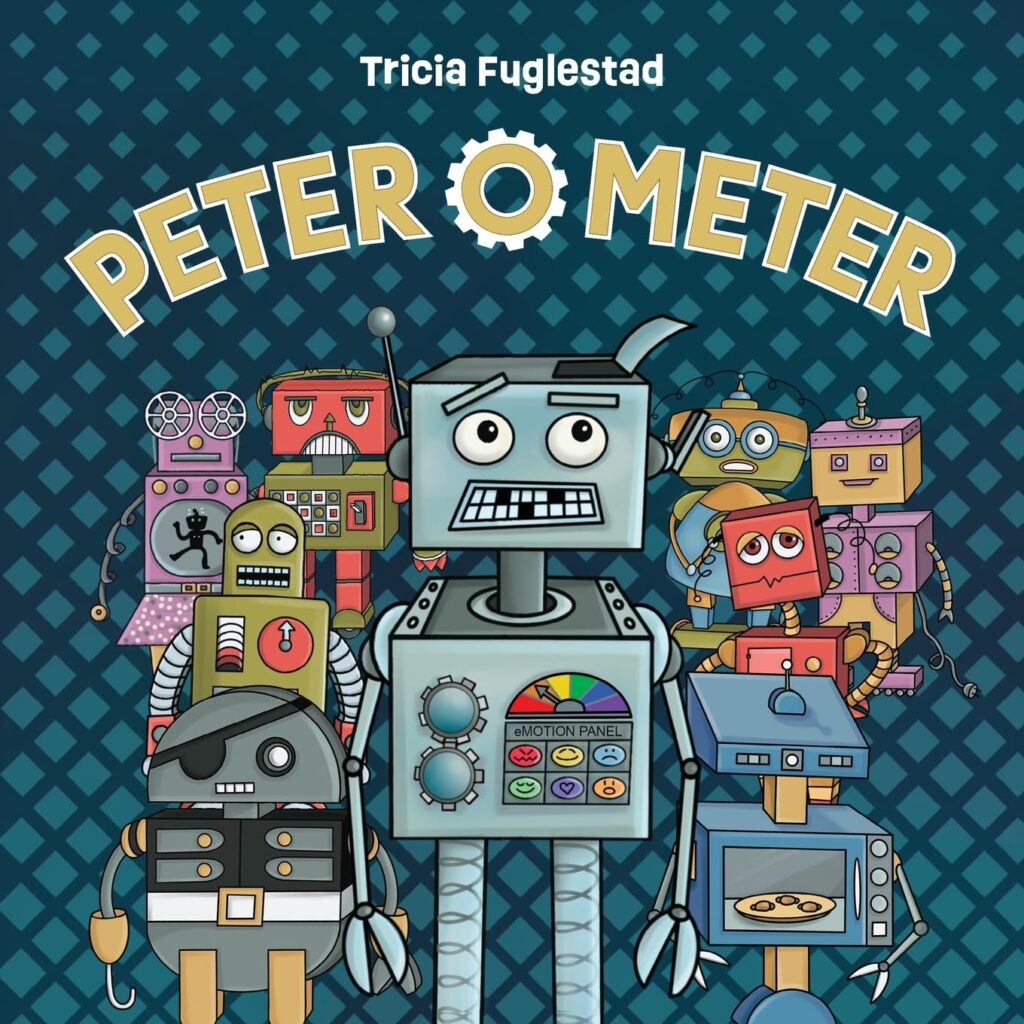
Augmented Reality Books:
Books that turn reading into an immersive, hands-on adventure, blending storytelling with interactive elements that engage, educate, and entertain young minds.
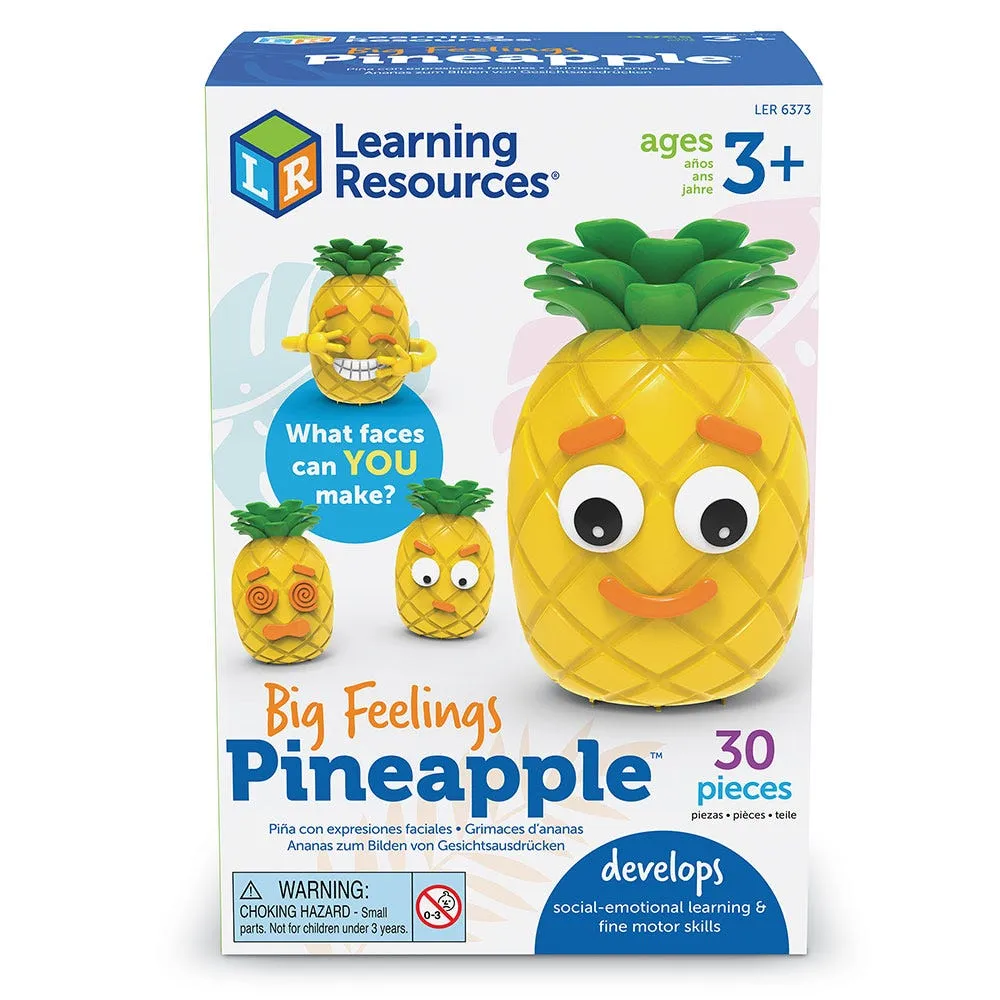
Social Emotional Toys:
Toys designed to support children’s development in understanding and managing emotions, as well as fostering social skills like empathy, cooperation, sharing, and turn-taking.
These examples from the market are not just toys; they are tools of wonder, meticulously crafted to unlock the infinite potential within every child. By selecting these imaginative play aids, parents and educators can provide children with the keys to a kingdom where learning and play go hand in hand, nurturing a generation of innovative thinkers and compassionate individuals.
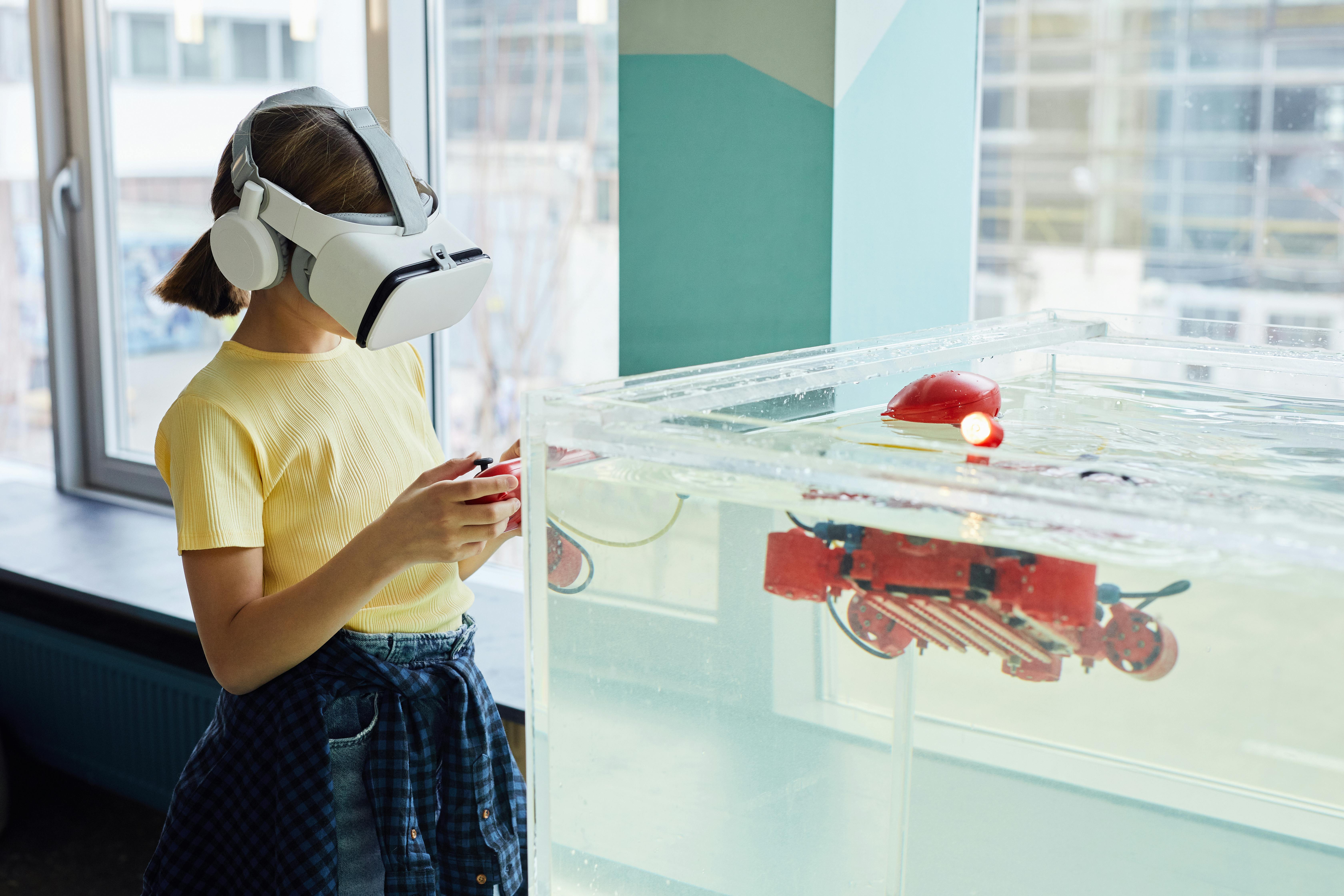
In the digital age, fostering a space for imaginative play is more important than ever. It’s an investment in our children’s future, cultivating creative thinkers, problem solvers, and empathetic individuals. As we look to prepare our kids for the complexities of the world, let us not forget the power of imagination.
For in the words of Albert Einstein, “Imagination is more important than knowledge. For knowledge is limited to all we now know and understand, while imagination embraces the entire world, and all there ever will be to know and understand.”
